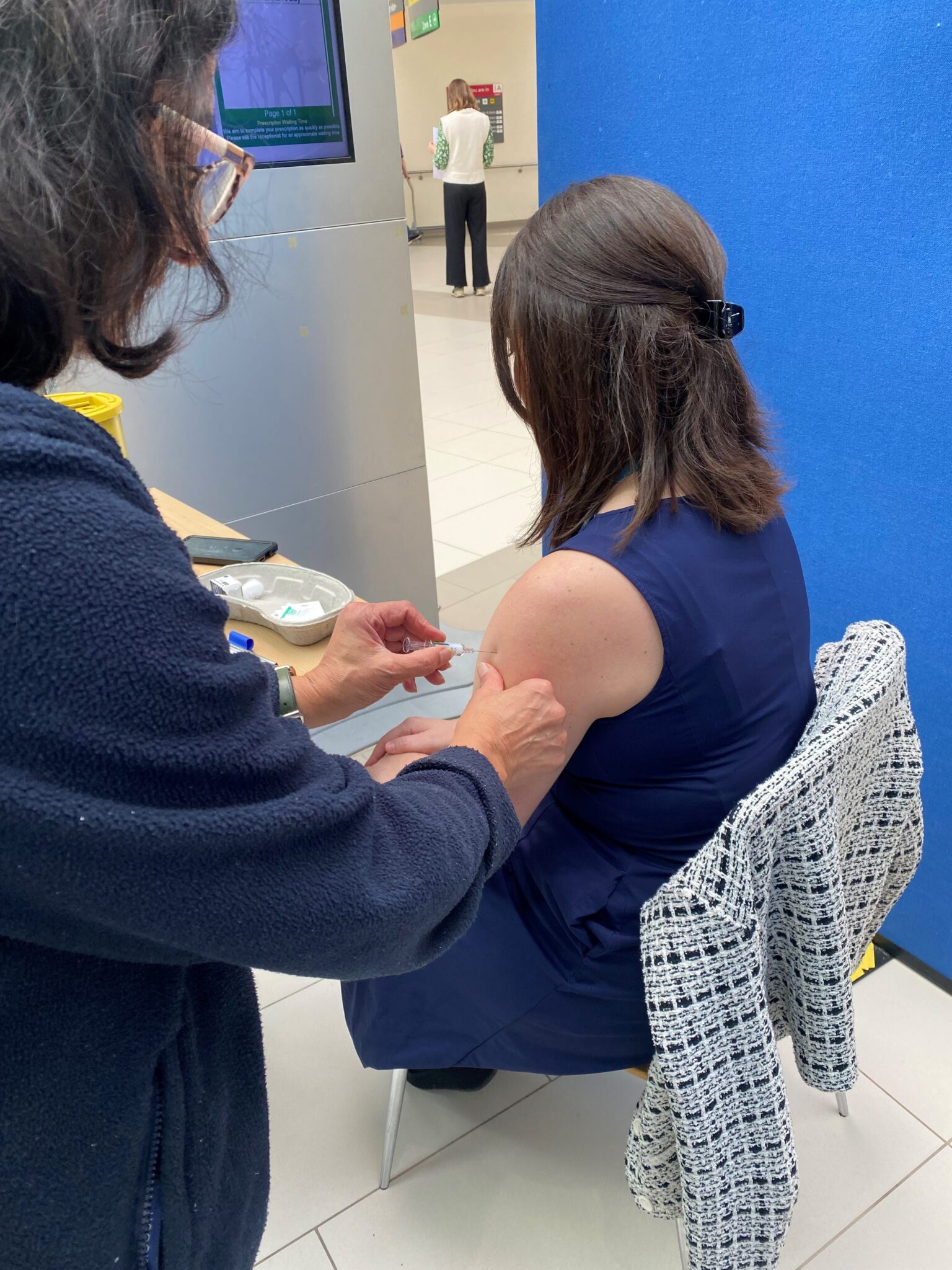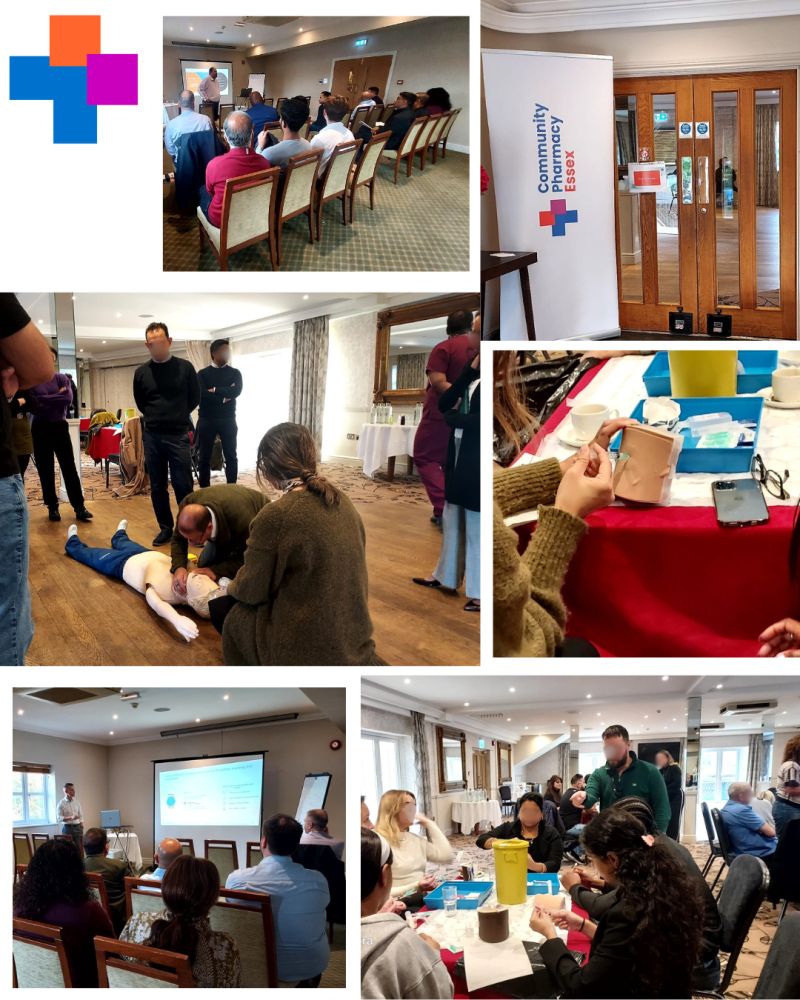How your local pharmacist can help you to manage your health
These days, getting an appointment to see your GP is getting harder and harder. But here’s some good news: your local pharmacist can now help manage seven specific conditions and provide advice for new medications prescribed for conditions like Parkinson’s Disease, heart failure, and stroke.
Thanks to the new NHS initiative, Pharmacy First, pharmacists can now prescribe some prescription-only medications, including antibiotics and antivirals, for seven common conditions without needing to visit a GP. This means no more long waits on the phone or struggling to get a timely appointment. The conditions pharmacists can now treat include sinusitis, sore throat, earache, infected insect bites, impetigo, shingles, and uncomplicated urinary tract infections in women.
The NHS also has a new medication service where pharmacists support patients and carers in managing new medications for long-term conditions. This service helps patients make informed decisions about their care. consent andle to anyone prescribed eligible new medications, with consent, and includes carers and guardians when needed.
Clinical pharmacists in this service are highly trained and play a crucial role in ensuring safe and effective patient care and can likely treat more conditions than you might realise. Every pharmacist must study for four years to gain a master’s degree, plus have a year in practice before they are qualified. They learn about the science of medicine, including which drugs work best for which condition, anatomy, and biology. Carers First spoke to Chirag Patel, a pharmacist at Allied Pharmacy in Heybridge, Essex, about how pharmacists can help you manage health conditions with medications. Chirag shared:
“We see ourselves as the final safety net for patients. Traditionally, we dispensed medication and offered health advice and blood pressure testing. Now, we also treat common conditions and administer preventative vaccines like COVID-19, flu, shingles, and travel vaccinations.”
The new Pharmacy First and medication services benefit patients and carers by providing quicker access to treatment while freeing up millions of GP appointments. Chirag explained:
“By prescribing medications for these conditions, we eliminate the need for some GP appointments. The medication service is crucial for improving how patients manage their medications. About 50% of new medications are taken incorrectly and we aim to reduce that. We offer one to one consultations to discuss the best times to take medication, common side effects, and how to ensure the medication is working correctly.”
“Patients and carers can always come to the pharmacist with questions about their medications. Pharmacists have access to summary care records to help manage medications effectively. If you have any concerns, don’t hesitate to speak to your local pharmacist.”
With recent news about medication shortages, many people might wonder how pharmacies will handle these new services. Chirag addressed this concern:
“There are ongoing shortages with medication, including critical ADHD drugs. It’s frustrating for everyone. In our area we’ve increased our supplier chains and set up a group with other local pharmacies to direct patients to where stock is available. Good communication with doctors’ surgeries is also key, as we can recommend alternative medications when needed.”
You can find out more about the Pharmacy First and Medication services by visiting the NHS website.



